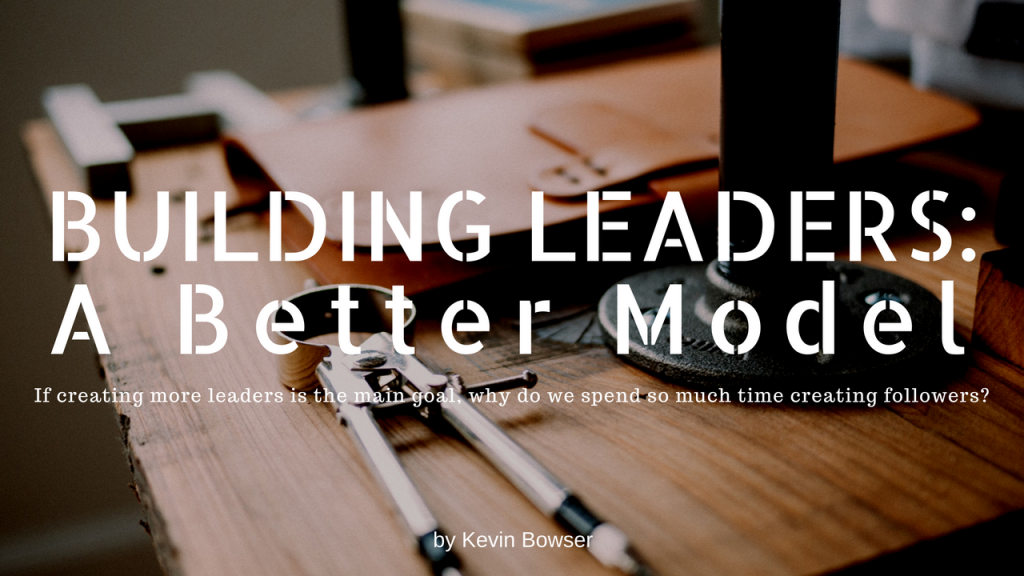This is the time of year when many of us as leaders are “asking the tough questions” about our organizations. It is the time of year when we seek to evaluate and assess how our organization has performed and whether or not we have accomplished our goals in this last year.
I live in two worlds. One is a for-profit entity within the corporate world. That industry has been impacted significantly by the economic downturn and some economic policies that many folks would argue are hurtful and damaging to our opportunities to succeed. These economic times have caused us to reexamine our performance and how we go about our daily business. We have always prided ourselves in being an incredibly efficient organization. Much more so than our competitors. Well, these economic conditions have provided the opportunity to prove that theory. We know how to and we ask tough questions on a daily basis.
My other life is within the non-profit world. I spend as much, if not more energy, working in that world. It is painfully obvious that this world does not know how to ask these kinds of questions. Oh, we give “lip service” to asking them. But we really don’t.
Perhaps that is because these organizations are non-profit and ministry organizations. So, we feel that asking that kind of question would be too business-like, mean, or “un-Christian.” And when we do ask questions, they are usually not the right questions. And they certainly aren’t tough questions. They are usually softball questions or questions that don’t really offer any hope of getting to any root causes or issues.
The Unusual Source
Click here to read the rest of the article »











